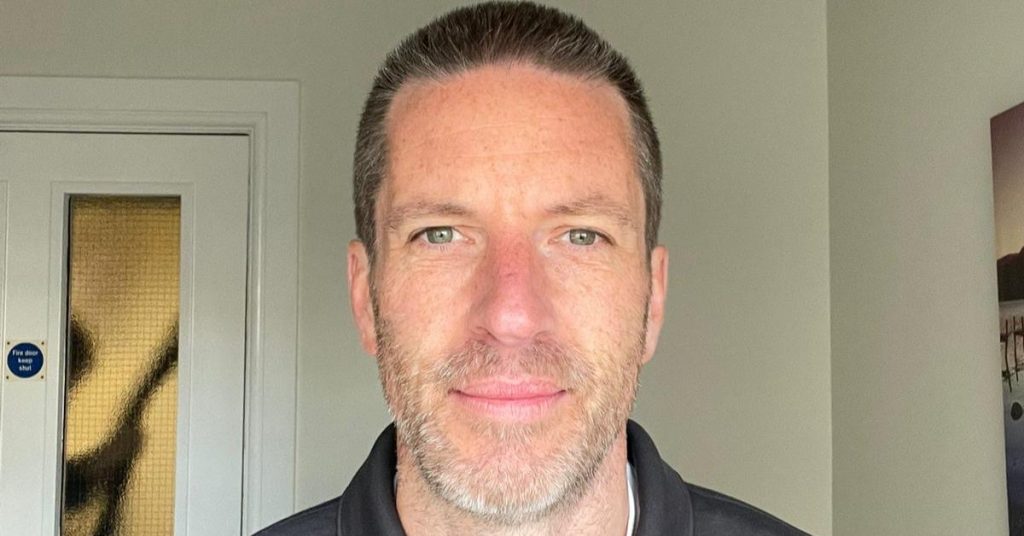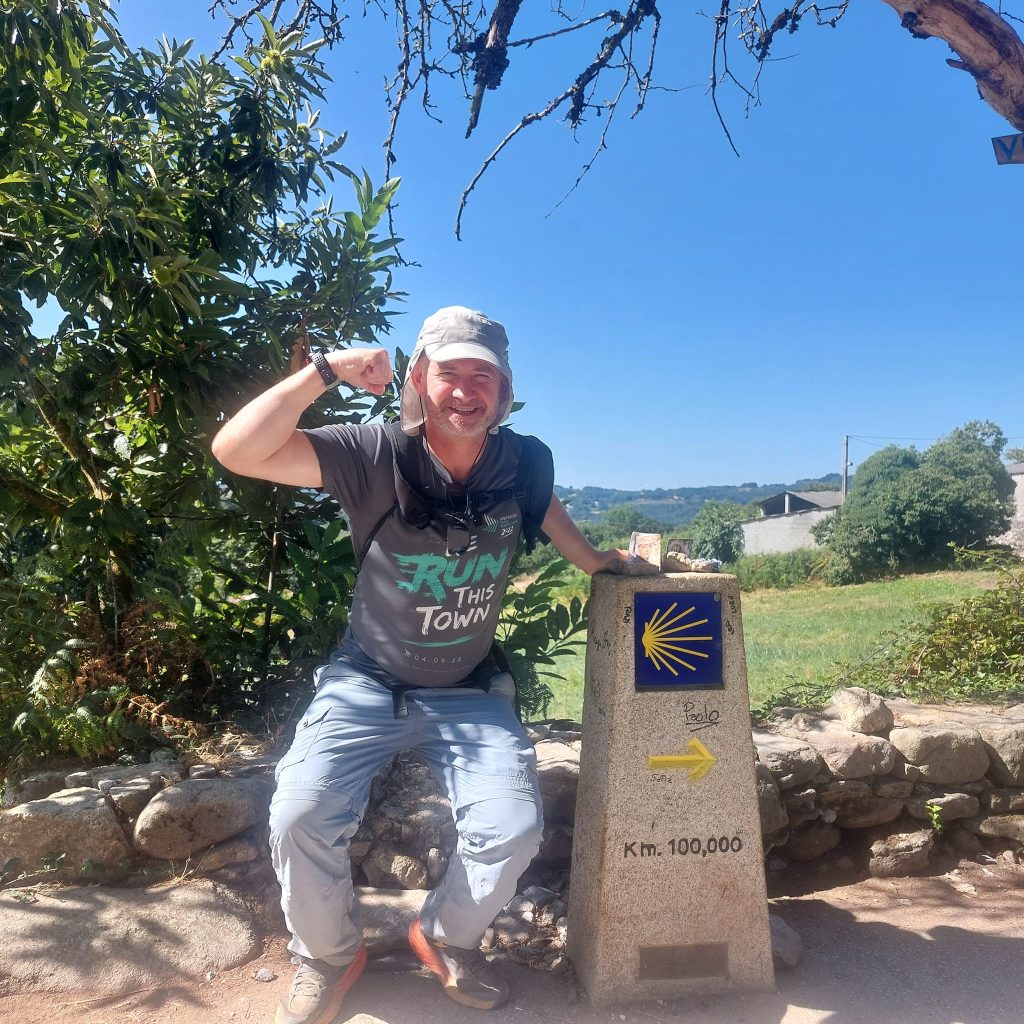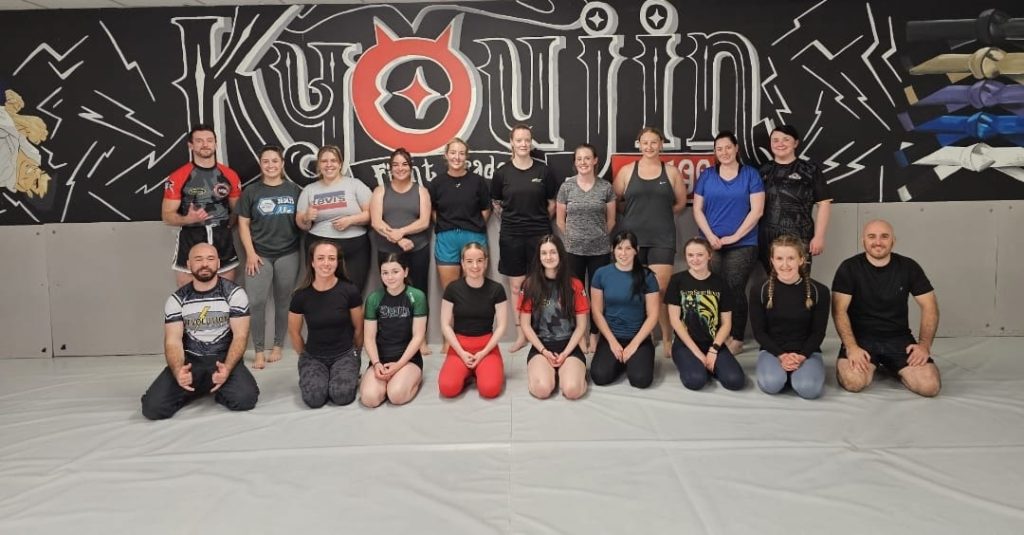Around 15 years ago, ‘Mindfulness’ became a real buzz word in the area of wellbeing. I became naturally curious about the practice and never one to miss a chance to get out of the office for a few hours; I registered on a short training course in Armagh to see what all the fuss was about.
To close the session the facilitator guided the group through a body scan meditation as we sat in a circle formation. It lasted 35 minutes but it felt much shorter than that. By the end of the practice, I was feeling calm and content. Overall, it was a mildly euphoric experience, and as I drove back up the road, it occurred to me that it is a brilliant tool for mental wellbeing.
I went off and studied some more using YouTube videos, articles and the odd book. Turns out Jon Kabatt Zinn was one of the pioneers responsible for introducing mindfulness to western medicine. I like to think of him as the Mr Miyagi of Mindfulness. He was introduced to it by Buddhist monks who visited his University in the 1970’s and was blown away by the positive impact it had on his own health.
The whole concept revolves around using the breath as an anchor to stay grounded in the present moment. By staying in the present, we avoid unnecessary and unpleasant thoughts of the past and fears about the future. Some people call it Breath work (Wim Hoff), Monks call it meditation and others prefer the term Mindfulness. To me they are different branches of the same tree and although the roots emerged in ancient Eastern cultures, there is evidence of meditation in most religions including Christianity.
The science is very simple, by breathing deeply and fully (in through the nose for 4 seconds and out through the mouth for 5-6 with a slight pause in between), we are flooding the body with oxygen and flushing out the stress hormones. It is the reason that paramedics will administer oxygen to patients who are in shock. With enough practice, just 10 or 15 minutes of ‘tummy breathing’ every day will result in a lovely natural high that can last for hours afterwards.
I try to do it most days on my lunch break and I have noticed all sorts of benefits for my mood, concentration and capacity to manage stress. I also deliver sessions in work occasionally and the feedback has been positive.
There are loads of guided meditations on YouTube. I use the Daily Calm channel. It will not always work perfectly but keep turning up, with patience, and persistence, it can be transformative, and life changing. It really is the antidote to the chaos of modern living and well worth trying. What do you have to lose?




